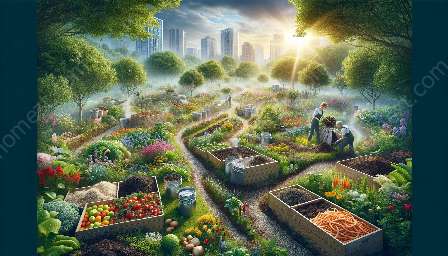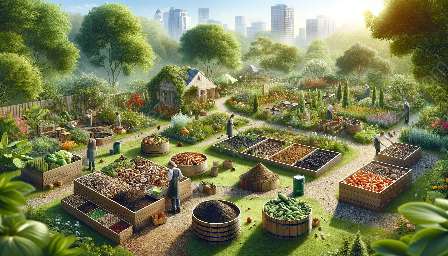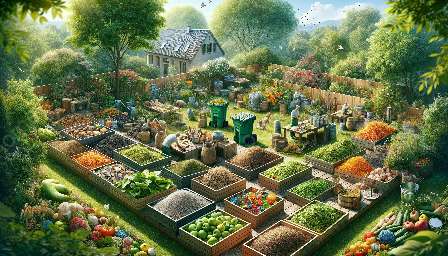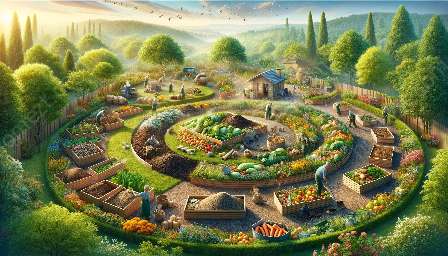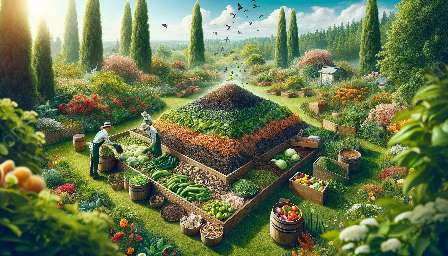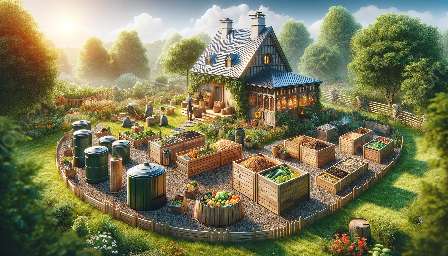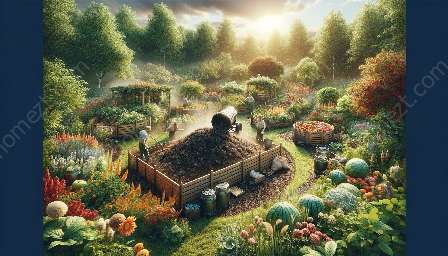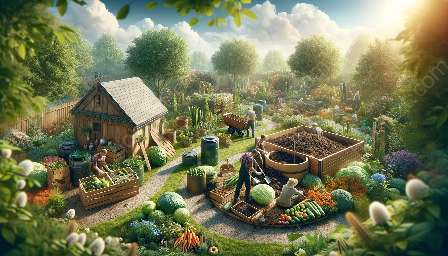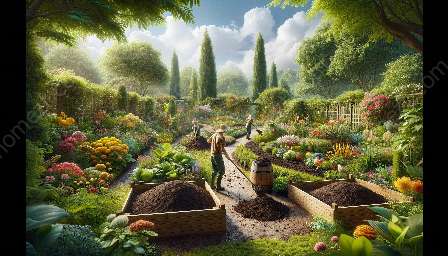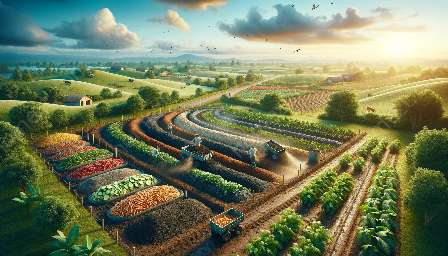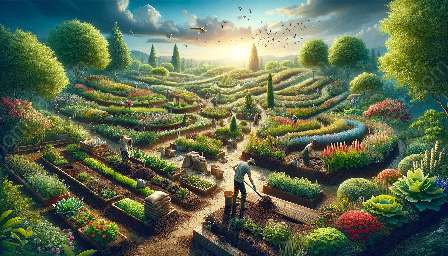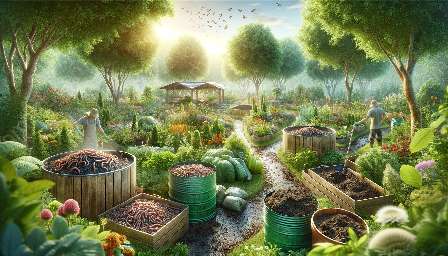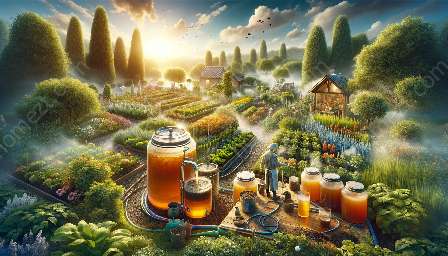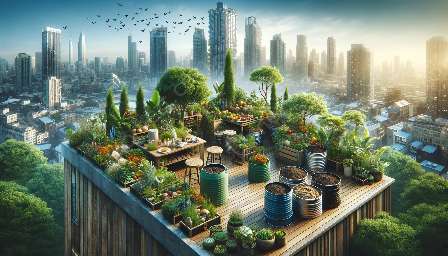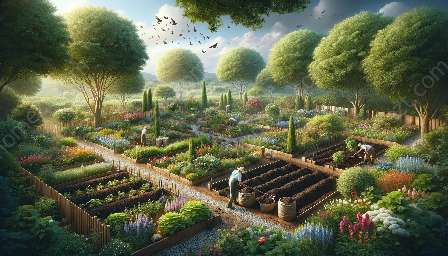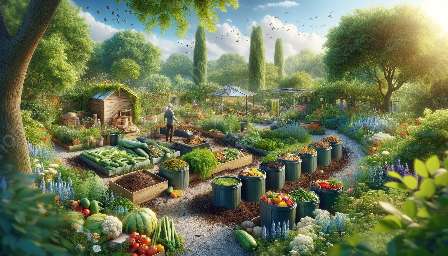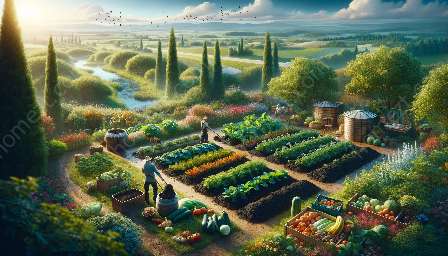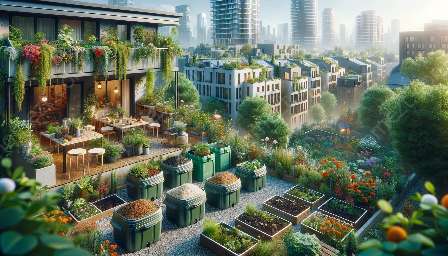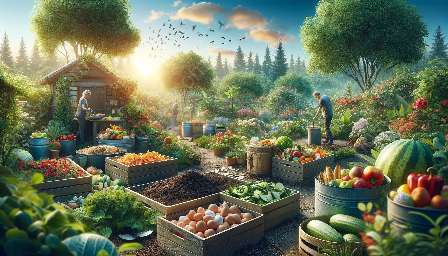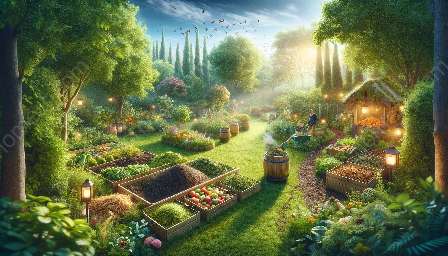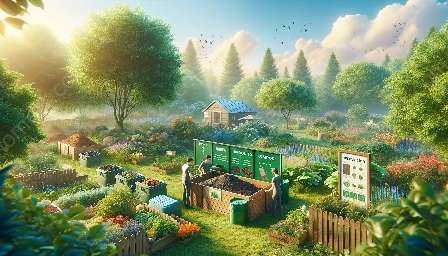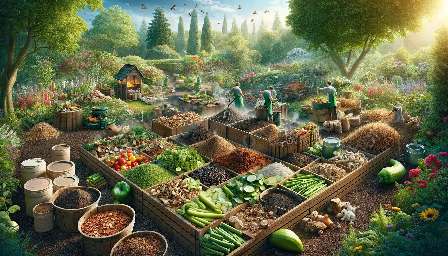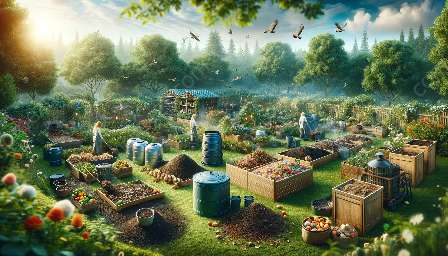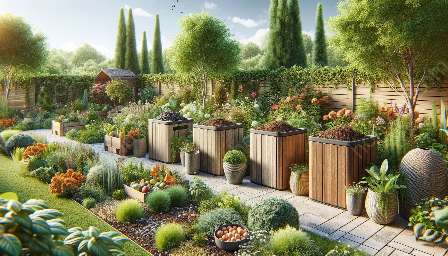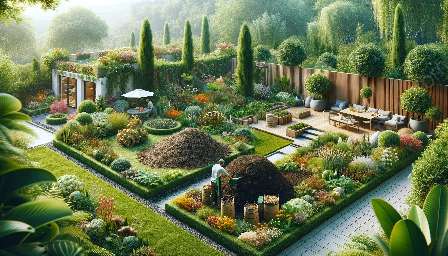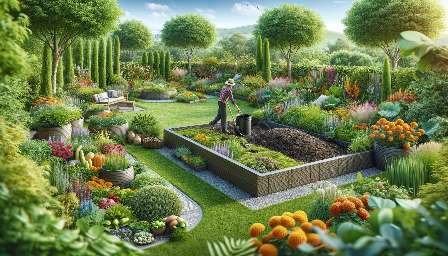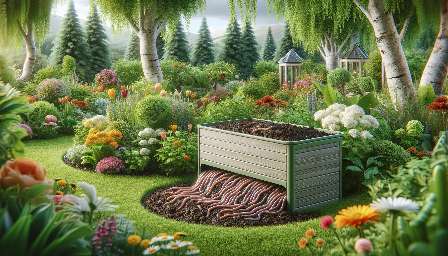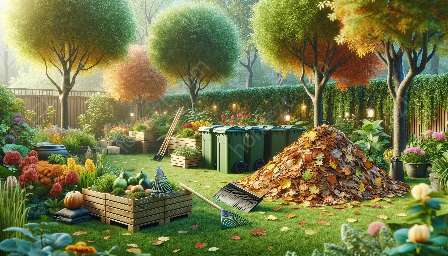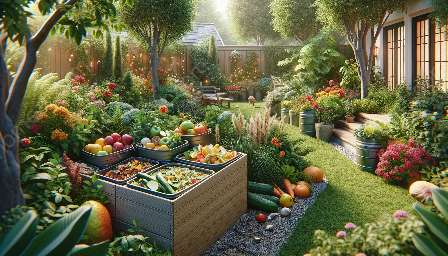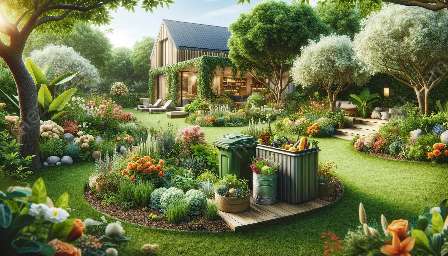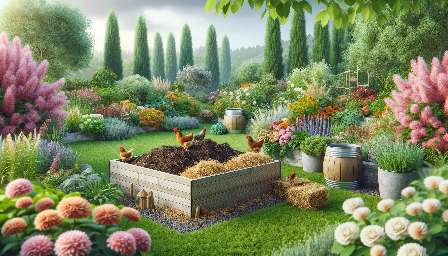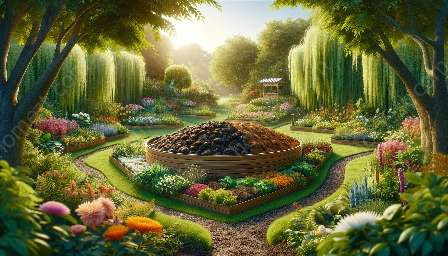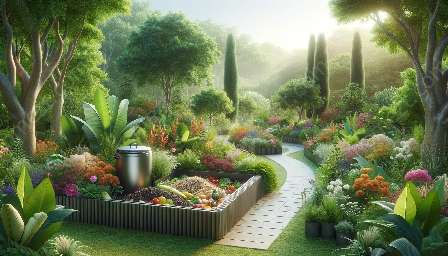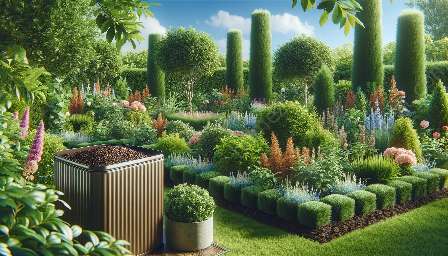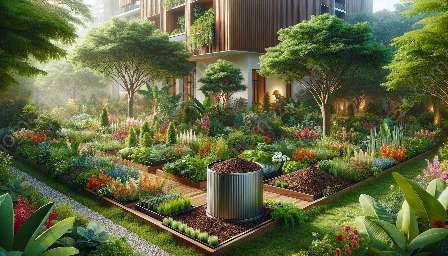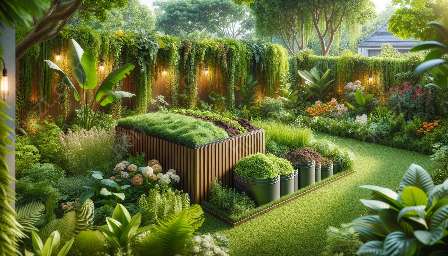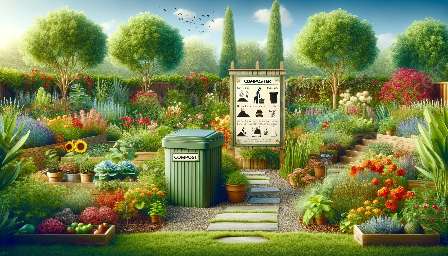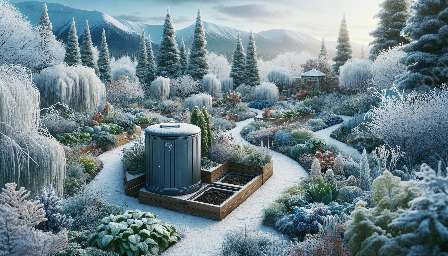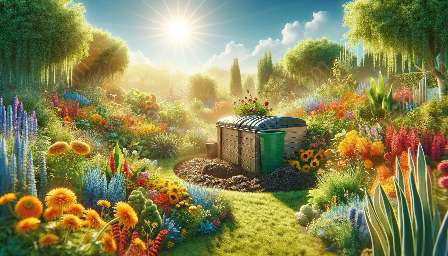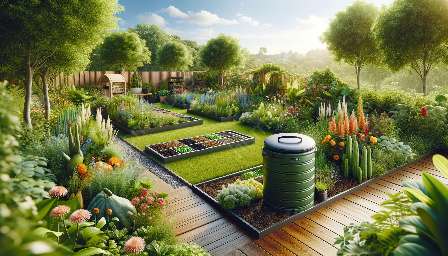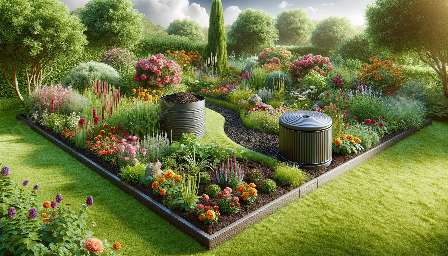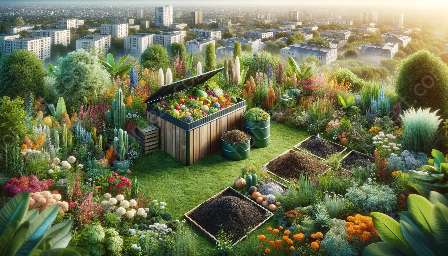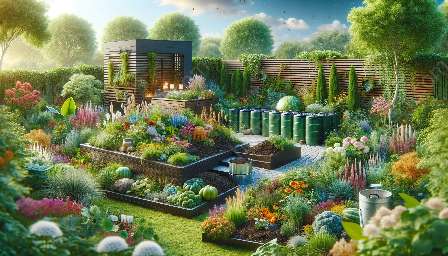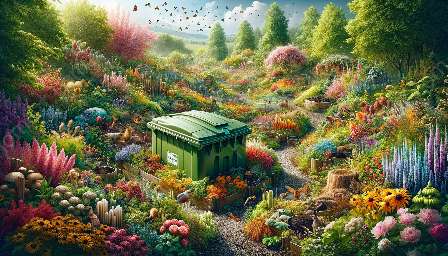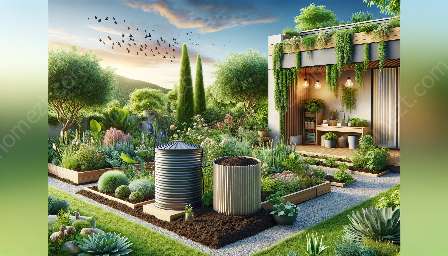Composting and water conservation are vital elements of sustainable gardening and landscaping. By understanding the connection between these two practices, gardeners can effectively conserve water and promote a healthy ecosystem. This comprehensive guide explores the importance of composting, its role in water conservation, and practical tips for integrating these practices into gardening and landscaping projects.
The Importance of Composting
Composting is a natural process that transforms organic waste into nutrient-rich soil amendment. This process occurs in nature, but it can also be harnessed for sustainable gardening practices. Compost not only enriches the soil, but it also helps retain moisture, reduces the need for chemical fertilizers, and minimizes waste sent to landfills.
Benefits of Composting:
- Enriches soil with essential nutrients
- Improves soil structure and promotes healthy root growth
- Increases water retention in the soil
- Reduces the need for chemical fertilizers
- Diverts organic waste from landfills, reducing methane emissions
Water Conservation in Gardening & Landscaping
Water conservation is crucial for maintaining healthy gardens and landscapes, especially in regions prone to drought. By implementing water-efficient practices, such as composting, gardeners can reduce water usage and promote a sustainable environment.
Challenges in Water Conservation:
- Climate variability and drought conditions
- Water scarcity in urban and rural areas
- Impact of excessive irrigation on the environment
Composting for Water Conservation
Composting plays a significant role in water conservation by improving soil quality and reducing the need for frequent watering. When compost is added to the soil, it enhances its ability to retain moisture, reducing the frequency of irrigation while promoting healthier plant growth.
How Composting Conserves Water:
- Enhances soil's water retention capacity
- Reduces runoff and soil erosion
- Creates a balanced and nutrient-rich environment for plants
Integrating Composting and Water Conservation into Gardening & Landscaping
Successful integration of composting and water conservation practices is essential for sustainable gardening and landscaping. Gardeners can follow these practical tips to maximize the benefits of composting while conserving water:
Practical Tips:
- Start a composting system to recycle organic waste from the garden and kitchen
- Use compost as a soil amendment to improve water retention and soil structure
- Implement water-efficient irrigation methods, such as drip irrigation and mulching
- Choose drought-tolerant plants and native species that require less water
- Regularly monitor soil moisture levels and adjust watering schedules accordingly

